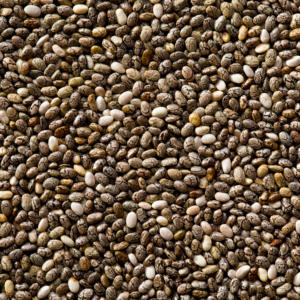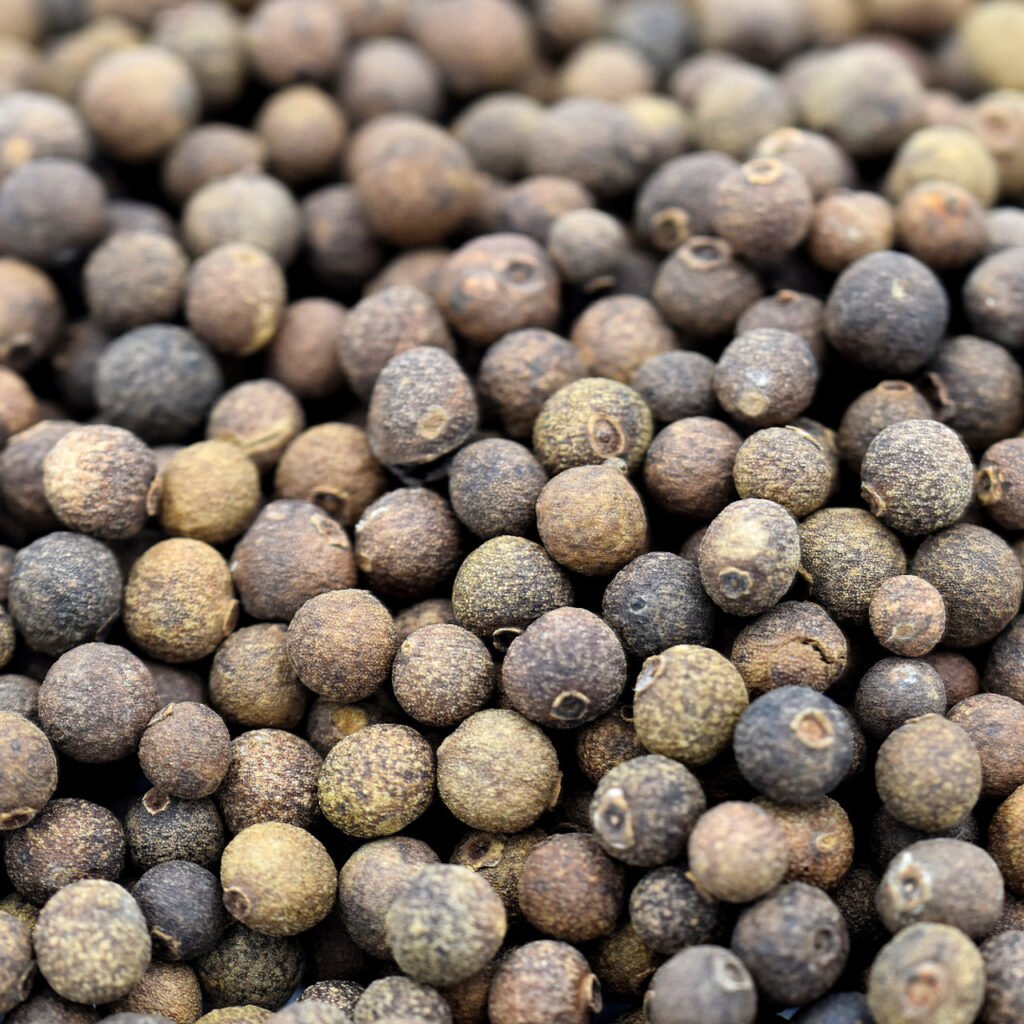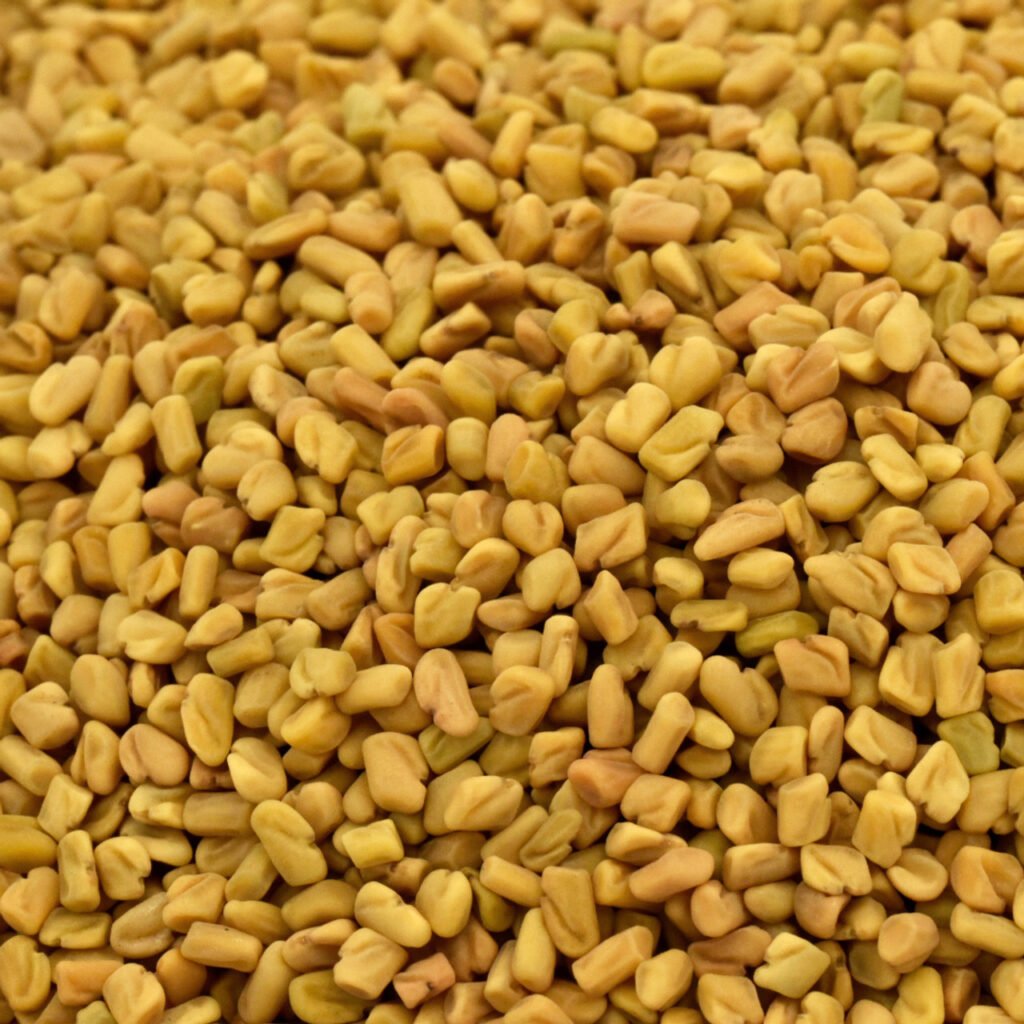Why You Should Add This Superfood to Your Diet
If you’re looking for a natural way to boost your health, flaxseed might be just what you need. Flaxseed is a superfood that has been used for centuries for its many health benefits. In this article, we’ll take a closer look at what flaxseed is, what its benefits are, and how you can add it to your diet.
What is Flaxseed?
Flaxseed, also known as linseed, is a tiny, golden-brown seed that comes from the flax plant. Flaxseed is rich in nutrients, including fiber, protein, omega-3 fatty acids, lignans, and antioxidants. Flaxseed can be consumed whole or ground, and it can be added to a variety of foods.
Health Benefits of Flaxseed
- Flaxseed is a great source of fiber. Fiber is essential for good digestive health, and it can also help regulate blood sugar levels and reduce cholesterol levels.
- Flaxseed is rich in omega-3 fatty acids. Omega-3 fatty acids are essential fatty acids that have been linked to a variety of health benefits, including a reduced risk of heart disease, improved brain function, and decreased inflammation.
- Flaxseed is high in lignans. Lignans are plant compounds that have been shown to have anti-cancer properties. They may also help reduce the risk of breast cancer and improve symptoms of menopause.
- Flaxseed is a good source of antioxidants. Antioxidants are important for protecting the body against damage caused by free radicals, which can lead to chronic diseases such as cancer and heart disease.
- Flaxseed may help reduce the risk of heart disease. Studies have shown that flaxseed can help reduce blood pressure, lower cholesterol levels, and improve blood sugar control, all of which are risk factors for heart disease.
How to Add Flaxseed to Your Diet
There are many ways to incorporate flaxseed into your diet:
- Sprinkle ground flaxseed on cereal, oatmeal, or yogurt.
- Add whole or ground flaxseed to smoothies.
- Mix flaxseed into muffin or pancake batter.
- Use flaxseed oil as a salad dressing or drizzle it over cooked vegetables.
Precautions When Using Flaxseed
While flaxseed is generally safe for most people, there are a few precautions to keep in mind:
- Flaxseed may interfere with the absorption of certain medications, so it’s best to talk to your doctor before adding flaxseed to your diet if you’re taking medication.
- Flaxseed contains a small amount of cyanide, which is not harmful in small amounts but can be toxic in large amounts. Stick to recommended doses and avoid consuming large amounts of flaxseed.
- If you have a history of digestive problems, start with a small amount of flaxseed and gradually increase the amount to avoid digestive discomfort.
Conclusion
Flaxseed is a nutritious and versatile superfood that can provide many health benefits. Whether you’re looking to improve your digestive health, reduce your risk of chronic disease, or simply add more nutrients to your diet, flaxseed is a great choice. With so many delicious ways to incorporate flaxseed into your diet, there’s no reason not to give this superfood a try.
- Can flaxseed cause digestive problems?
- In some people, consuming large amounts of flaxseed can cause digestive discomfort. It’s best to start with a small amount and gradually increase the amount to avoid any problems.
- How much flaxseed should I consume per day?
- The recommended daily amount of flaxseed is 1-2 tablespoons, which can be consumed whole or ground.
- Is it better to consume whole or ground flaxseed?
- Ground flaxseed is easier for the body to digest and absorb, making it the preferred form for most people. However, if you prefer the taste or texture of whole flaxseed, it can still provide health benefits when consumed in moderation





